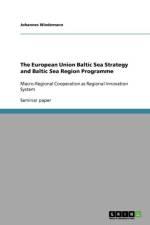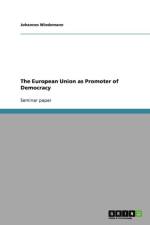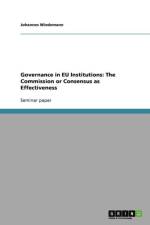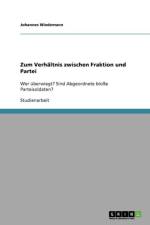von Johannes Wiedemann
16,95 €
Studienarbeit aus dem Jahr 2008 im Fachbereich Politik - Politisches System Deutschlands, Note: 1,0, Christian-Albrechts-Universität Kiel (Institut für Sozialwissenschaften), Veranstaltung: Hauptseminar ¿Repräsentative Demokratie und Parteien: am Beispiel der BRD¿, Sprache: Deutsch, Abstract: Nach der Hessenwahl 2008 konnte man in der Presse- und Medienöffentlichkeit besichtigen, wie Dagmar Metzger, Abgeordnete der SPD-Fraktion im hessischen Landtag, partei- und fraktionsintern unter Druck geriet, weil sie sich weigerte, ihre Spitzenkandidatin Andrea Ypsilanti gemeinsam mit den Stimmen der Fraktion der Partei DIE LINKE zu wählen. Sie glaubte, es mit ihrem Gewissen als gebürtige West-Berlinerin nicht vereinbaren zu können, mit einer SED-Nachfolgepartei zu koalieren. Aber obwohl der Vorwurf an die SPD, das Wahlversprechen der Nicht-Zusammenarbeit mit DIE LINKE brechen zu wollen, medial am präsentesten war und damit Legitimation erhielt, berief sich Dagmar Metzger stets auf ihre individuelle Gewissensdisposition. Gleichzeitig wurde diePolitikerin in den Leitmedien als vorbildliche Volksvertreterin gefeiert, deren Beispiel in allen Parlamenten Schule machen sollte, um die Abgeordnetenfreiheit wieder herzustellen.Wird der deutsche Abgeordnete also von seiner Partei und Fraktion unangemessen in seiner Tätigkeit beeinflusst? Gibt es überhaupt reale Beschneidungen des Handlungsspielraums? Die Fragestellung soll zudem dem Phänomen nachzuspüren, auf dessen Grundlage die Sichtweisen Nahrung finden, dass a) Mandatsträger und ihre Tätigkeit nicht dem Bild entsprechen, welches wir uns vermeintlich gemäß der Verfassung von ihnen zu machen hätten, und b)Abgeordnete in Deutschland nur Anhängsel der Parteien wären, die regelmäßig ihre verfassungsgemäßen Kompetenzen überschreitender Vereinigungen sind. Am Anfang wird hierbei die kulturhistorische Darstellung der Entstehung einer Repräsentationskonzeption ausfallen, die nach wie vor die Wahrnehmung in Medien und Öffentlichkeit in Bezug auf deutsche Abgeordneten bestimmt: Die klassischliberale Repräsentationstheorie. Einer Skizze der bundesrepublikanischen Verfassungsgeschichte schließt sich die Beschreibung des Berufbildes Abgeordneter in formeller und informeller Hinsicht an. Dazu wurden persönliche Gespräche mit fünf norddeutschen Abgeordneten des Bundestages geführt, die jeweils einer der Fraktionen im Parlament angehören. Anschließend erfolgt eine Kritik an der Kritik von konservativ-liberaler Seite an der Parteiendemokratie BRD. Mit den Schlussfolgerungen zur Fragestellung werden diebetrachteten Aspekte gewichtet.










